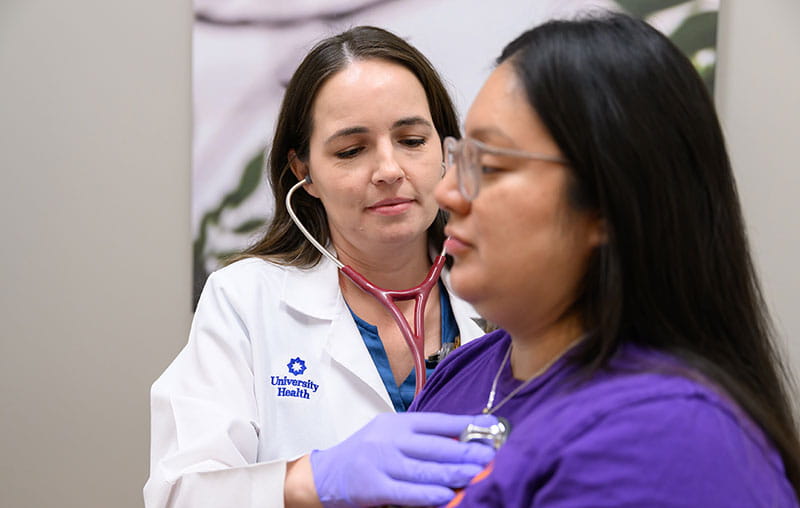Technology is moving faster every day. You might be surprised to learn that the technology that made open heart surgery possible is only 67 years old. In 1953, the “heart-lung machine” was first used clinically by its inventor John Gibbon.
Since then, there have been numerous advancements in heart surgery and the care around it. We address common questions and describe what modern heart surgery is like today. You might be surprised at how much progress has been made in less than a century.
Is heart surgery a risky procedure?
All procedures, and even medications, have some risk. While heart surgery is an invasive procedure, improvements in technology and techniques, as well as building up specialized teams, have led to safer heart surgery.
Often, heart surgery is done to reduce the risk of a fatal or disabling heart attack. A heart surgeon’s responsibility is to carefully evaluate and discuss your personal risk of surgery to help you decide on the best treatment option that balances risk with the benefit.
In the case of heart surgery, the benefit is a longer and healthier life when surgery is done safely.
Am I too old for heart surgery?
In the early years of heart surgery, patients over the age of 65 were considered “elderly.” Nowadays, patients in their 70s and 80s can have heart surgery safely.
Again, it is important to carefully evaluate all other health conditions and your overall status. Some people are too frail or sick for heart surgery, and in those cases we explore other options.
Will heart surgery cause a stroke or brain damage?
Stroke is one of the most dreaded results of any medical procedure. While complications are always possible, in modern heart surgery the risk of stroke is low (less than 1%) for most patients.
Before someone has heart surgery, the surgeon will evaluate their medical history, exam, and test results to estimate the risk of stroke, to counsel patients and to make plans to reduce the risk as much as possible.
What will my quality of life be like after heart surgery?
In addition to helping people live longer, one of the goals of heart surgery is to improve someone’s quality of life. Heart disease can cause life-limiting symptoms, such as chest pain, fatigue or shortness of breath that prevent people from enjoying life.
While recovering does take some time, people are generally walking around a few days after surgery and performing light activities when they go home. By 2-3 months post-surgery, most patients are fully recovered and have no activity limitations.
Heart Institute at University Health
Learn more about the expert heart team at University Health. Our cardiologists are nationally recognized leaders in heart care. We perform a number of heart surgeries, including heart bypass, heart valve and aortic surgery. Your health and recovery are our top priorities. Ask your doctor for a referral.

Heart disease is the leading cause of death for both men and women.
Our free online risk assessment only takes a few minutes. It will help you better understand your risk of developing heart disease and how you may be able to lower it.





